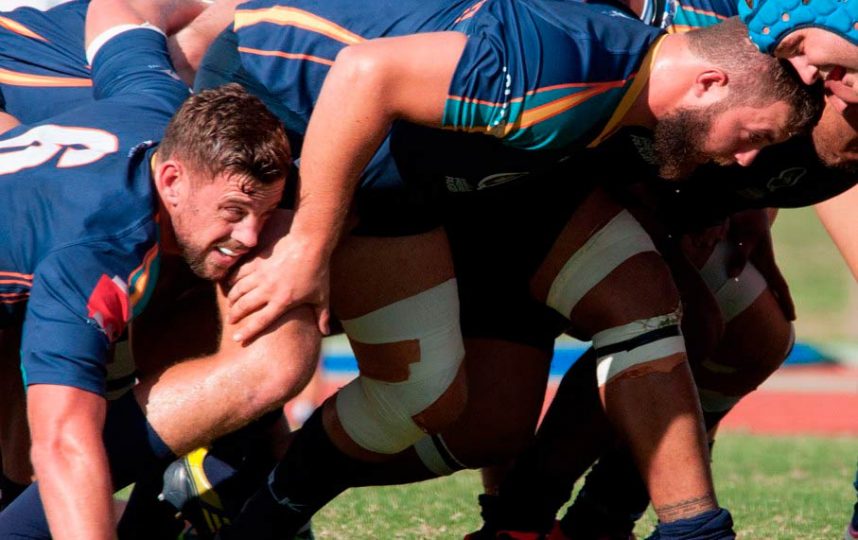Coaching a team to victory and the leadership of a successful business have many similar attributes. It’s not about just the team, but the dynamics between individual players and how they work together.
Yesterday, Bill Beaumont, rugby forward extraordinaire (all the best rugby players in the world are in the forwards!) was elected as chairman of rugby’s governing body, World Rugby. Although his role is focused on furthering and developing rugby – he will be responsible for negotiating various rugby issues, from the timing of internationals to when a player is eligible to play for a country – it got me thinking about what rugby can teach us about leadership.
Communication
Many a match has been lost due to poor communication. If the forwards don’t know what the backs are doing, and vice versa, the whole team breaks down. It’s the same with business. Leaders need to make themselves heard and understood by everyone. However, effective communication isn’t just about one person talking: listening is key. Leaders need to listen to their teams, allow them to influence decisions, and encourage them to become part of the process.
Leading by example
A good captain will show, not tell. As a leader, you should do the same. Share the credit, collaborate with your colleagues, don’t hold unnecessary meetings with no agenda, be punctual, have a work-life balance. Through behaviour, leaders can set their expectations for the rest of the group.
Learning and unlearning
Everyone picks up bad habits. In rugby, it might be a predisposition to come in from the side at a ruck, or not releasing the ball quite as quickly as you should. In business, it could be micro-management, or an unwillingness to show weakness. All leaders should learn from the past and their own experiences, but they should be open to new ideas. Learn from the team around you and be willing to change your mindset.
Training is also important. Top professional players don’t stop training just because they’re at the top. This should be the case for leadership teams, too. There is always something new to learn in business – everyone, not matter their level, should embrace these opportunities as they arise.
Finding your leaders
There are two different types of leaders – those who are leaders by virtue of their position (such as the captain or your management team) and those who are leaders by virtue of who they are. Influencers aren’t necessarily at the top of the corporate ladder. Your informal leaders may not have anyone reporting to them but they are probably liked and trusted by the rest of the team. These are the people who are seen as a hub of information and influence – they will know what’s going on, and they’ll have an opinion on it. Any leader needs to engage these informal leaders as ambassadors. With their buy-in, you will spread your messages much further than simply using a top-down approach.
Setting expectations
Different situations call for different objectives. In a game, it may be as simple as “get the ball to the backs”. In business, success depends on everyone in the team understanding what the goal is, and how they play a part in the result. By setting clear expectations – what is a win, what is a failure, who’s responsible for what, what’s in scope – you will ensure the team works together in the same direction.
Are your leaders communicating effectively? Let’s have a chat and see whether we can improve your leadership communications.
Beaumont is a communications agency based in Lausanne, Switzerland. We work with clients all around the world to change the way they talk about themselves – helping them create engaging stories that motivate action.

